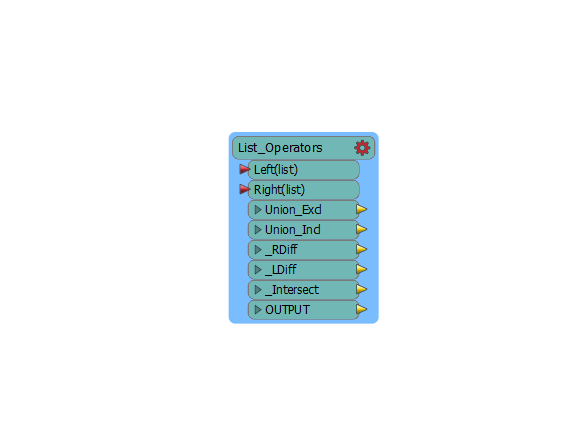Solved
using multiple choice in testest
How to test against multiple choice result in tester , when using single choice it works find , but not with multiple choice , we tried in and list but it does not work .
Best answer by takashi
Hi,
You need to test value(s) specified through a "Choice (Multiple)" type user parameter?
In fact, multiple choices in the parameter will be stored as a character string with space-separated format.
So, in some cases, you can test the value simply by the "Contains" operator.
Even if the operator doesn't satisfy your requirement, there are ways. The solution depends on the actual condition and your requirement.
Takashi
This post is closed to further activity.
It may be an old question, an answered question, an implemented idea, or a notification-only post.
Please check post dates before relying on any information in a question or answer.
For follow-up or related questions, please post a new question or idea.
If there is a genuine update to be made, please contact us and request that the post is reopened.
It may be an old question, an answered question, an implemented idea, or a notification-only post.
Please check post dates before relying on any information in a question or answer.
For follow-up or related questions, please post a new question or idea.
If there is a genuine update to be made, please contact us and request that the post is reopened.







